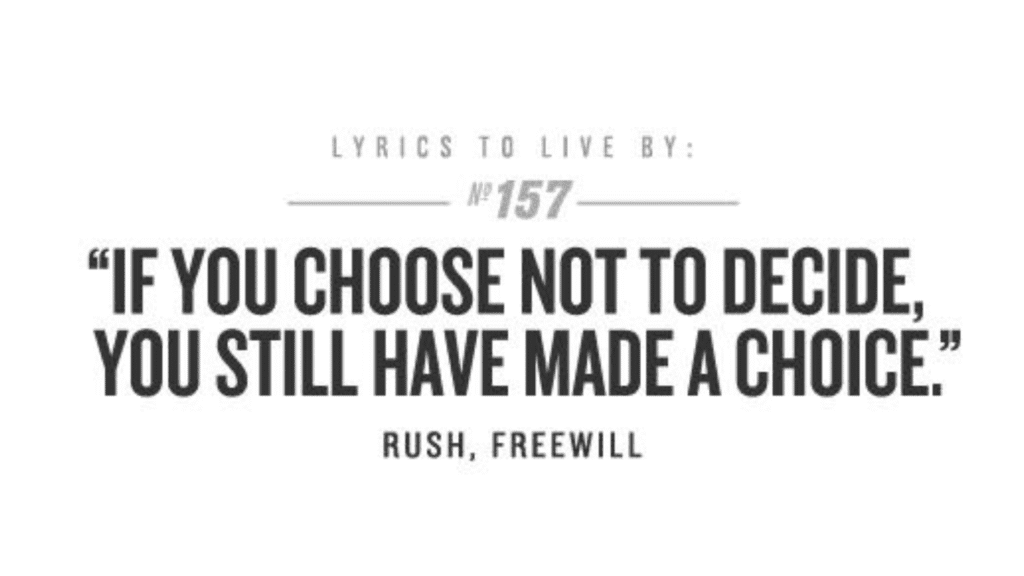I was recently discussing with my children how easy it can be to be a “good” person, and it struck me that one simple, ancient rule is often the key: “Do to others whatever you would like them to do to you.” (Matthew 7:12). This principle, often called the Golden Rule or the law of reciprocity, isn’t confined to one faith; its essence echoes in writings from ancient Egypt to nearly every culture and philosophy across the globe. And it applies as powerfully to business ethics and leadership decisions, especially in today’s complex technological landscape, as it does to personal life.
The Golden Rule of Business: Elegant Simplicity
The power of the Golden Rule lies in its simplicity. It provides clear guidance for almost every ethical decision. In fact, if the Golden Rule doesn’t readily apply to a choice, it’s likely not a significant ethical dilemma (e.g., “Would you like fries with that?”). One might argue it’s the only ethical rule truly needed.
Yet, universities offer entire courses, even advanced degrees, on “business ethics.” Why, if it’s so simple, do we seemingly need to make it so complex? And why do so many individuals and organizations still struggle with it? Why did scandals like Enron, Madoff’s Ponzi scheme, or Volkswagen’s emissions deception happen?
Why is Ethical Conduct Sometimes So Hard? Complexity and Pressure.
Certainly, some unethical acts stem from pure greed or a deliberate disregard for others. But in many large-scale corporate scandals (Enron, Arthur Andersen, VW, or the Nike sweatshop issues of the past), the story is more nuanced. It often involves hundreds of “good people” who, through a combination of factors, contributed to or failed to prevent unethical outcomes. Two common culprits are:
- Over-Complication of Ethics:
- When ethics are presented as a complex web of competing theories and cultural relativism, it can become easier to rationalize questionable decisions. In the Nike example, differences in local pay and working conditions were initially used to justify practices that would be unacceptable domestically. If we strip it back to the Golden Rule: “Would I want to work for those wages under those conditions if I lived there?” The answer often becomes much clearer. Should factory air be clean? Yes, because I would want clean air. Should workplaces be safe? Absolutely, because I expect to be safe. Simple questions, simple answers.
- Management Pressure (The “I’m Just Doing My Job” Syndrome):
- Lower-level employees can sometimes hide from the ethical implications of their work by claiming they were “just following orders.” The engineers who designed systems to cheat emissions tests knew they were skirting laws but may have felt compelled by management directives.
- But ignorance, feigned or real, doesn’t absolve responsibility. As the band Rush sang in “Freewill”: “You can choose a ready guide / In some celestial voice / If you choose not to decide / You still have made a choice.” We all have the agency to speak up, question, or even refuse tasks we believe are unethical. It’s not always easy, but it is a choice.

Applying the Golden Rule to Your SMB’s Technology & IT Strategy
As a fractional CIO, I see SMB leaders grappling with increasingly complex technology decisions that have significant ethical dimensions:
- Data Privacy & Security: How are you handling customer and employee data? Are you applying the same care and security you’d expect for your own most sensitive information?
- AI & Automation: Are you deploying these tools in a way that is transparent, fair, and respects human dignity; as you would want to be treated by such systems?
- Vendor & Client Relationships: Are your contracts, communications, and commitments as fair and transparent as you expect from those you do business with?
The Golden Rule provides a remarkably clear lens for navigating these IT-related ethical choices.
What’s Next
A Call to Leaders: Make Ethics Simple Again
Ethics can be simple. Leading an organization that leaves a positive impact can be simple. It begins with embedding the Golden Rule into your company culture and using it as the primary guidepost for all significant decisions. It’s up to you, as leaders, to champion this simplicity.
Use only one guidepost for your big ethical decisions. Use the Golden Rule of Business.
Is your SMB navigating complex ethical decisions, especially around technology, data, and customer trust? If you’re looking for a strategic partner who operates from a strong ethical foundation and can help you align your IT practices with core values, let’s connect with Succeed Sooner Consulting.


Leave a Reply